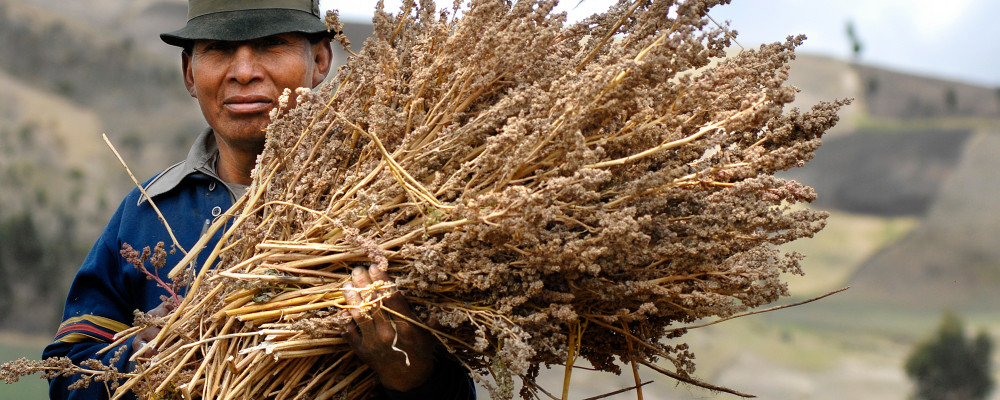
New Eco-Labelling Initiative 'Labelwise' Helps Us Shop Responsibly
In a newly released initiative, four trusted ethical and eco-friendly labelling councils have collaborated to spearhead a campaign called Labelwise. These include Fairtrade South Africa, Fair Trade Tourism (FTT), Marine Stewardship Council (MSC), and Forest Stewardship Council (FSC). The goal of the new Labelwise campaign is to spread knowledge amongst consumers about the production of ethical and sustainable products.
As businesses feel greater economic pressure to cut costs, consumers are still maintaining their desire for high standards, particularly when it comes to conserving the planet and ensuring the safety and wellbeing of industry workers. Cost cutting should never be at the expense of the people who produce the products or the planet. You may recall my blogpost that highlighted that it is possible to work ethically while keeping prices comparable with non-eco brands, without compromising on high ethical standards? But it's often hard to know where the cost cuts are being made.
@belabelwise is a new campaign to spread #consumerawareness concerning #ethical and #sustainable production

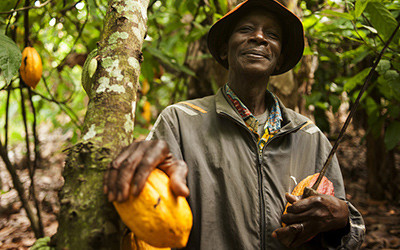
A big goal of the Labelwise movement is to empower the consumer by giving them more information about the production process. Consumers deserve to have the knowledge and awareness to determine which brands can be trusted ethically and socially.
@fairtradesa, @FTTourism, @FSC_IC and @MSCecolabel have banded together to initiate the #BeLabelwise campaign, to inform @consumers!

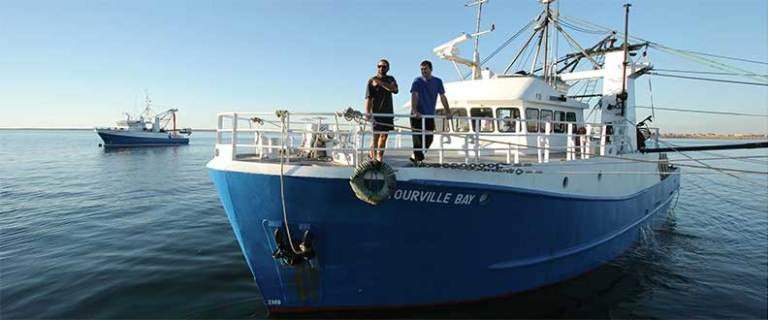
What Is An Eco-Label?
The Labelwise seal depicts the four symbols of the four labelling councils. Approved manufacturers display the symbols on their products. Each symbol says a lot about a product or a service, suggesting that it is better for the environment than the unlabelled competitor. It is important to know that while some ethical and eco-labels are mandatory, others are voluntary. For example, the Marine Stewardship Council (MSC) and Forest Stewardship Council (FSC) labels are not required and are requested at the discretion of a producer. These verify that a company is using sustainable fishing or harvesting strategies.
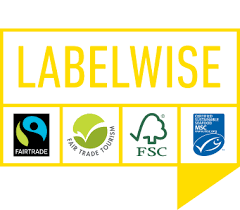
One of the most recognisable ethical labels is Fairtrade. The Fairtrade label ensures that an item or service is created through labourers with decent living and working conditions and fair compensation. It also asserts that the product of service has been produced or provided in a sustainable manner. You might recognise Fairtrade from your favourite coffee or chocolate but the label can also apply to tourism and an array of additional products.
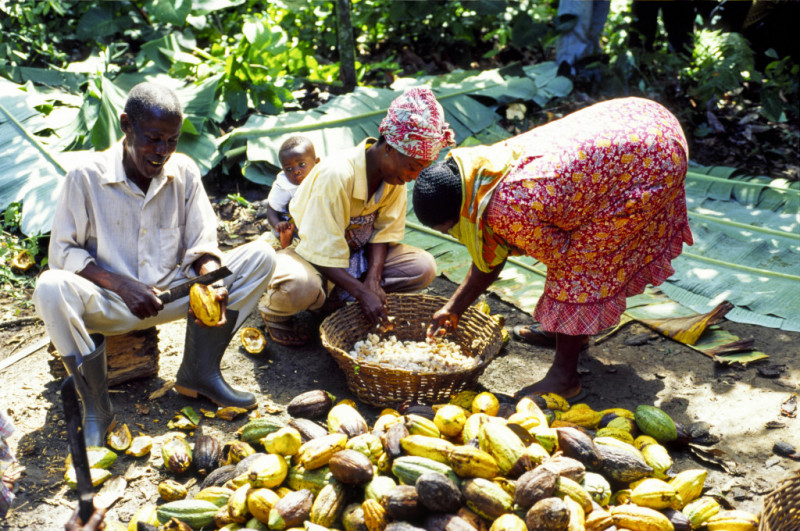
How Did Ethical and Eco-Labelling Start?
These four labels made history when they banded together to initiate Labelwise. In an economy that is built on competitiveness, it is amazing to see four large, trusted councils join together for a common cause, fostering a more ethical society on a broad scale.
When considering the history of manufacturing, eco-labelling is a relatively new term that really only started to gain popularity in the last decade or so. Though the roots do run quite a bit deeper. The concept of a green label first arose in the 1970s, but it didn’t gain traction until later. In the 1990’s recycling took center stage and got people thinking more about greenhouse gases, where our goods come from, and what happens to them when we are finished with them. This awareness birthed EU Ecolabel in 1992 and the Global Eco-labelling movement in 1994. The movement started off slowly but has seen real growth in the last few years along with a renewed focus on green and sustainable living.
@EMAS_EUEcolabel began the #eco-labelling movement and are now joined by latest initiative @Belabelwise


Why Is Eco-Labelling Good?
Collectively, these labels allow a business to exhibit their commitment to sustainability measures directly on their packaging. They also empower and assist consumers in making good buying choices.
More than that, Labelwise unlocks a huge marketing vehicle for responsible businesses. The labels enhance their reputation and therefore grow the trust of loyal consumers, making their businesses more fiscally sustainable. When a consumer trusts in your brand, they will keep coming back for more. It’s a marketing trend that is proving successful for these inspiring green fashion brands.
@BeLabelwise unlocks a huge #marketing vehicle for #responsible businesses. #BeLabelwise

When you see one of the four Labelwise seals, you can rest assured that your purchase wields positive power, that your lumber purchase isn’t contributing to deforestation and your organic cotton fabric wasn’t made from materials harvested by exploited workers. Now that’s worth something.
Another benefit of the Labelwise movement with an even bigger impact is that when companies see their peers applauded for commitment to sustainability, they also become motivated to make their businesses more eco-friendly and ethical in order to stay competitive and relevant.
Companies bearing #eco labels inspire peers to compete to remain relevant by becoming more #sustainable


What If Your Favourite Brand Isn’t Labelwise Approved?
Before signing off, I feel the need to temper this excitement over eco-labelling just a little. All these symbolic credentials are great, but don’t follow them blindly. Make sure you know what they mean and also consider other aspects of the manufacturing process that might not be covered by a label.
Eco-labels are meant to clear the resulting confusion, but as the labelling is still fairly new they may not apply to every product you wish to purchase. Not all ethical and sustainable brands have earned these credentials thus far, but that doesn’t necessarily make them inferior brands. Explain That Stuff has a great guide to making consumer decisions until more manufacturers embrace the simplicity that comes with trusted labelling.
#eco labels allow a #business to show their commitment to #sustainability. #marketing

If you enjoyed reading this post and found the information and links in it useful please sign up for our newsletter! We will let you known about discounts and deals on our fabrics, news of masterclasses, events, and of course any exciting new blog posts.
Header image courtesy of: biofaire
